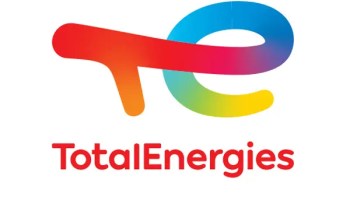/azerbaijan--baku--oil-fields-1042699468-d3b16c905b1e42559de7f812aa20dd7e.jpg)
We are the Petroleum Club, an association of leaders, professionals and key stakeholders in the oil and gas industry. The club is a forum for members to interact, contribute to national policy formulation and promote the interest of the oil and gas industry in Nigeria
The Petroleum Club stands in solid support of the current efforts of the Federal Government in its effort to sustain and diversify the economy. At its recent meeting, the Board of Governors of the club decided to call on the government and all stakeholders to use all means in their power to bring peace to the Niger Delta so that the oil industry can thrive again and prevent long term damage not only to the industry but to other key sectors of the economy.
The current crisis in the Niger Delta which has severely affected the upstream Nigerian Oil and gas Industry, combined with the global decline in oil prices, have resulted in the following dire consequences.
· 50 – 80% of traditional Onshore/Shallow water oil production (which yields the highest Government revenue per barrel) has been shut down over the past half-year. The bulk of the 1.2 – 1.5mmbopd being produced over this period comes from the deep offshore which yields significantly less revenue accruing to all levels of government.
· The collateral damage resulting from this oil production disruption is that some 25 – 40% of domestic gas production is also breached leading to severe reductions in electricity generation and distribution.
This disruption has also led to substantially reduced activity level in the industry. This in turn has had a knock-on effect on contractors, service providers, banks, and business partners resulting in severe job losses and an indefinite freeze on further job creation possibilities.
The current crisis in the Niger Delta must be quickly arrested through a carefully developed combination of engagements, dialogue, disarmament and ultimate restoration of law and order in the region.
The government has already done a lot in this direction but can do more especially now that the armed agitators have declared a cease fire and expressed their readiness for dialogue. The oil host communities who have seen little development cannot achieve social and economic development without cessation of the violence by the armed agitators.
The ultimate solution to the crises in the region would be a well-executed program of integrated development of the region, verifiably different from the intervention attempts in the past under several guises such as NDDC, Ministry of Niger Delta, enhanced allocations to states, etc For example,
· The engagement of the oil companies with the communities to create employment in a structured rather than ad hoc fashion.
· Co-ordinated engagement with government and communities to establish legal mini refineries using feedstock from government approved crude oil sources. A successful model is the Niger Delta Petroleum Development Company, which alongside its marginal oil production, has since 2012 been running a modest 1000 per day refinery, licensed and under the supervision of the Department of Petroleum resources and selling its product into the downstream market.
The Nigerian Oil and Gas Industry must be transformed from being a primary source of rental revenue to becoming a key enabler for sustained economic growth. A quantum leap in domestic gas utilization to drive power and industrial growth, efficient domestic refining capacity
Government should be encouraged to pursue diversification vigorously but the expected revenue cannot compare with oil and gas income which will also be required to fund diversification. Solid Minerals, Agriculture and other Sectors will in time complement the oil and gas sector.
Godswill S Ihetu is Chairman Board of Governors





